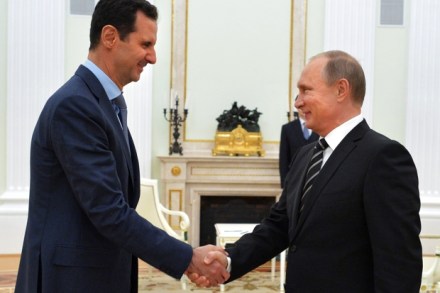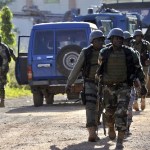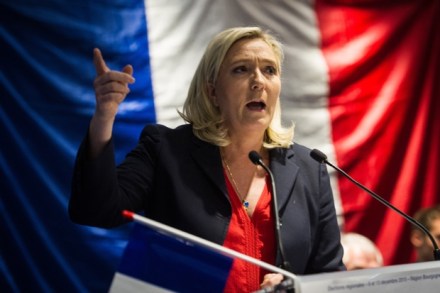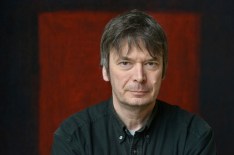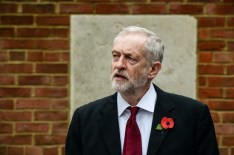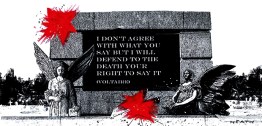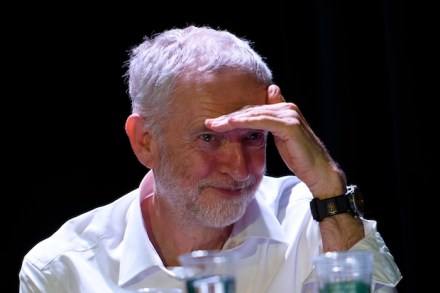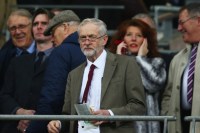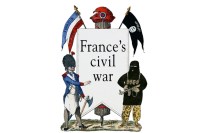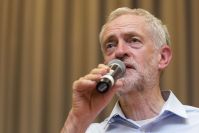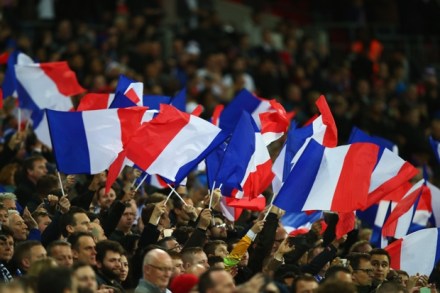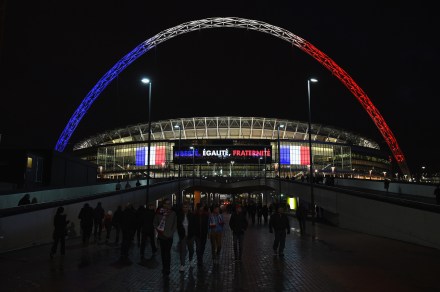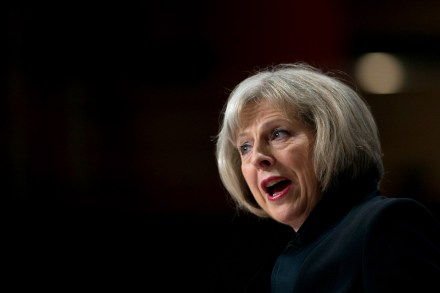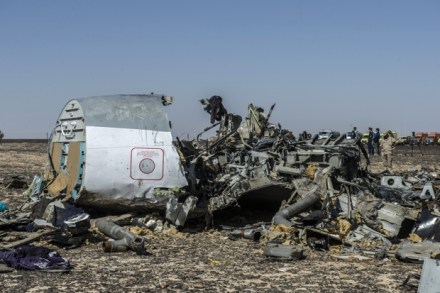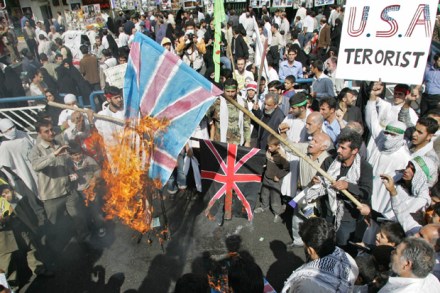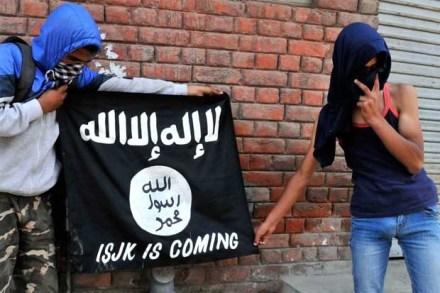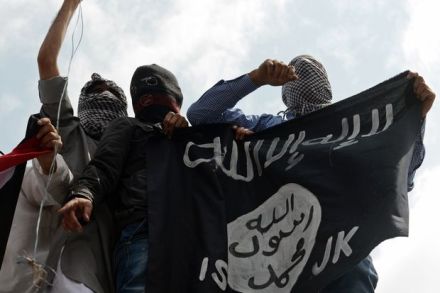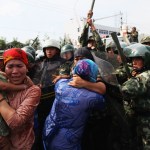Western weakness presents Putin with an opportunity in Syria
The West has failed in its principal, post 9/11 objective: to deny terrorists sanctuary. Islamic State is a terrorist enclave in the heart of the Middle East. Yet, the West’s response to this has been strikingly, and shockingly, lacklustre, I argue in the magazine this week. Barack Obama’s main preoccupation seems to be stressing that US ground troops will not be sent in to destroy Islamic State. While the British response is even feebler, to bomb Islamic State—but only on one side of the Iraqi/Syrian border. Even, the French who are hitting IS on both sides of the border, aren’t sending in ground troops. This lack of Western leadership is
